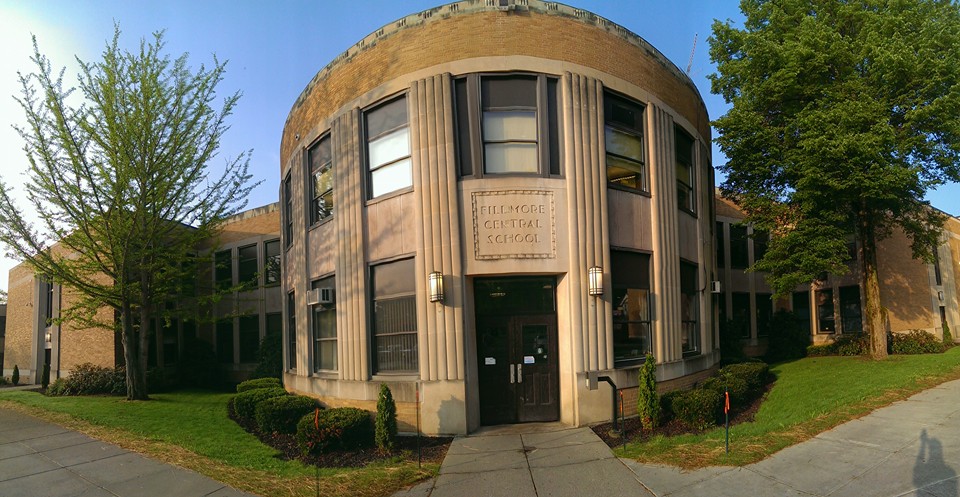I was lying in a hospital bed awaiting surgery one day when a hospital chaplain came in to visit my roommate who was also awaiting surgery.
The chaplain introduced himself and as they chatted, the chaplain said, “are you retired?”
My roommate said he was, but that he was a sculptor.
The chaplain, as if he hadn’t heard, said, “What did you do before you retired?”
My roommate said, “I was an accountant, but now I’m a sculptor.”
I don’t think the chaplain heard the exasperation in my roommate’s voice because he went on to inquire about where my roommate had been an accountant and what sort of accounting he did.
My roommate politely answered those questions but his voice was flat and uninterested.
After the chaplain was out of the room, I told my roommate that I couldn’t help overhearing and asked about his sculpting.
My roommate enthusiastically told me how he welded metal objects together to create abstract forms.
At that time in my life, I had never met a sculptor – much less one who used a tool that my Dad used to fix broken wagon hitches.
This happened 30 years ago, but I never forgot it. I remember because:
- I learned about art.
- I learned even more about how not to make a hospital call.
- And now I remember it because I missed an opportunity. I wish I had asked my roommate, “How did you know that, underneath that accountant, there was a sculptor wielding a welding torch?”
I didn’t ask that question because I was still in the first half of life. Like the chaplain, who probably was my age at the time, I was more comfortable with categories than with character.
In his book, The Soul’s Code, James Hillman says that the soul’s code is our unique character.
The word “character” is derived from the Greek word for the stamping tool used to engrave a figure on a coin. Your character, your soul’s code, is as deep and as hard to change as Lincoln’s head on a penny or the grain of the wood in this chair.
Jacquie’s mother gave this chair to us when we set up our first household, but it was covered with red tractor paint. The paint may have helped preserve it through the six generations before us that sat on it and slid it back and forth so many thousands of times that the legs have been worn too short to fit under our table.
The paint may have made the chairs look more alike and brightened Jacquie’s grandmother’s farmhouse kitchen, but when Jacquie stripped the paint away, she found the grain of the wood out of which the chair was made. Then she refinished it in a way that brought out its character.
Most of us have covered our characters with red tractor paint. We did it when we learned to imitate the people who taught us how to walk, talk, write, add and subtract, make pies, change tires, paint houses or portraits, balance a checkbook, and all the complex things we have done to earn a living, raise a family, and take part in human society.
Like the paint on the chair, this imitation is useful and protective – even decorative – it helps us fit into our family of origin, high school cliques, adult social circles and organizational cultures. Many of us put a lot of energy into painting over our uniqueness in the first half of life.
But our real beauty lies in our characters – underneath the paint of imitation. As we age, we can strip off the paint, and bring out the grain of our lives.
How do we do that?
Over the next couple of weeks, I intend to publish three short blogs about how we can find our characters underneath the categories – the red tractor paint of imitation, social convention and professional identity that cover up our real selves.
In the meantime, how is your personal search for who you are underneath the red tractor paint going? What have you found? What are you afraid to find? Has the search — or what you found — changed anything in your life?


